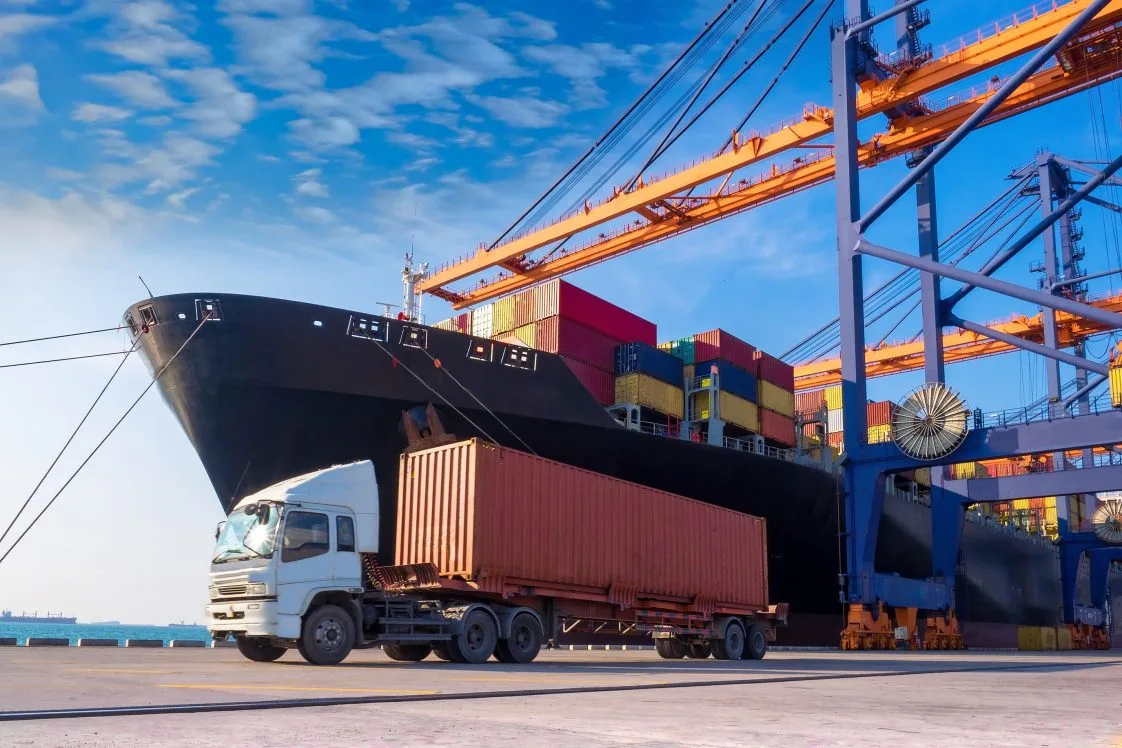How eCommerce Retailers Can Save on Import Costs via Section 321

By Zack Roggin, Radial Product Manager
If you’re an eCommerce retailer that imports low-value goods into the United States, Section 321 Entry Type 86 of the U.S. Customs and Border Protection (CBP) regulations may enable you to do so at lower costs and reduce your supply chain expenses. As long as you legally comply with the regulation, it may be to your advantage to use this CBP shipment type. In this blog, we’ll go over the basics of Section 321 and what you need to know to get started. It’s important to note that the information provided here is educational and not legal advice. You’ll want to talk with your legal counsel before you implement Section 321 in your eCommerce business.
What is Section 321?
Section 321 is a CBP shipment type that is used to to allow qualifying goods to clear customs tax and duty-free. It exempts low-value shipments of $800 in retail value or less from taxes and duties, provided they meet the qualifications and the de minimis threshold.
How Section 321 Works
Section 321 is designed to cut down on paperwork and speed up imports of low-value goods into the United States. The de minimis threshold was amended from $200 to $800 by the Trade Facilitation and Trade Enforcement Act of 2015 (TFTEA), so that businesses can import easier and surpass taxes and duties. Section 321 helps eCommerce businesses (and other importers) reduce their international shipping costs and speed up the shipping process. But it has its caveats.
Key Things to Know about Section 321
Section 321 has rules and conditions that must be complied with or eCommerce retailers risk serious fines. To qualify, your imported goods:
1. Must meet US custom and regulations qualifications.
Section 321 requires imported goods to be valued at $800 in fair retail value in the country of shipment, and CBP is diligent about checking these values by comparing shipments to similar goods. They also restrict goods that:
- Require customs inspection, such as cleaning supplies, harsh chemicals, etc.
- Must not be under Countervailing Duty or Anti-Dumping Duty
- Are not regulated by government agencies, such as the USDA, FDA, FSIS, NHTSA, or CPSA
- Are not alcoholic beverages, cigars, cigarettes, or tobacco
eCommerce retailers must provide proof of the items’ retail value, and shippers must provide consignee names and addresses ahead of time.
2. Be limited to one shipment per day.
Section 321 restricts imports to one shipment per day per person or business. This can get tricky for eCommerce businesses that are sending multiple shipments, using multiple carriers, or freight forwarders. It’s imperative that all logistics providers are coordinating shipments and claims to Section 321 to avoid penalties. A third-party logistics partner, like Radial, can simplify this process by tracking and coordinating for you.
3. Can be imported from China.
In the ongoing trade war between the United States and China, CBP Section 301 aka “301 China” places US-specific import duties on goods. This section has increased tariffs on a wide range of goods. However, Section 321 supersedes Section 301 as long as the items meet the de minimis value and other qualifying conditions. For eCommerce businesses wanting to import low-value goods from China, this can help them bypass expensive import duties and speed up cross-border shipping times.
Benefits of Section 321 to eCommerce Retailers
If Section 321 applies to your shipments, it can provide some significant benefits, such as:
Lower Costs
Section 321 lets you save on importing expenses, especially if you are storing inventory with a third-party logistics provider with US-based fulfillment centers, like Radial. For eCommerce businesses with qualifying goods, Section 321 lets them manufacture overseas and import them to the US tax-free and duty-free. Qualifying imports from China may be exempt from Section 301 tariffs.
In a well-coordinated Section 321 strategy, eCommerce retailers can save significantly on supply chain costs, which may allow them to compete more effectively in their markets.
Faster Shipping Process
Section 321 requires less paperwork to import products and can speed up the shipping process when imports are not held up or delayed for US Customs clearance. Keep in mind, however, that you will be required to provide proof of value and your shipments will be evaluated for compliance to Section 321 specifications.
Better Customer Experience
eCommerce businesses that import via Section 321 can speed up shipping and product availability to customers, getting orders to customers faster. This is important for international shipping as many eCommerce customers will choose a retailer based on how fast they can get their order. Long wait times from orders from China or other locations tend to dissuade customers, especially if they can get a similar product at a competitive price from a retailer that can get it to them faster.
Taking advantage of Section 321 for your retail eCommerce business can make a big impact on customer experience and your bottom line.
How Radial Can Help with Section 321
Radial provides full-spectrum order fulfillment and logistics services, including helping eCommerce businesses leverage Section 321 and reduce their cross-border import costs. Here’s an example of how we make this happen:
- From the US, we manage the order fulfillment process.
- Our US border freight forwarder and customs broker partner handles Section 321 import scheduling, paperwork, and compliance.
- In the US, Radial handles the last mile delivery or receives the imported goods at our fulfillment centers to store inventory.
Throughout the entire process, we own the client relationship and manage the entire process for our eCommerce clients, making it simple and ensuring the process is coordinated so that shipments qualify for Section 321. This enables our clients to significantly reduce their import costs and these cost savings are often passed on to the customer experience.
Radial can help with Section 321.
